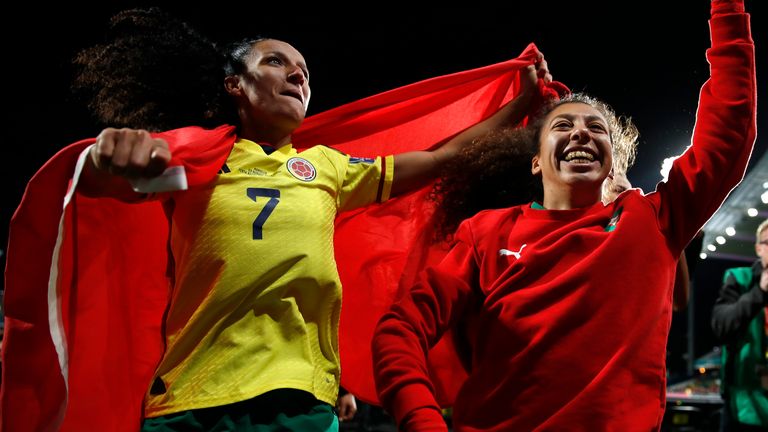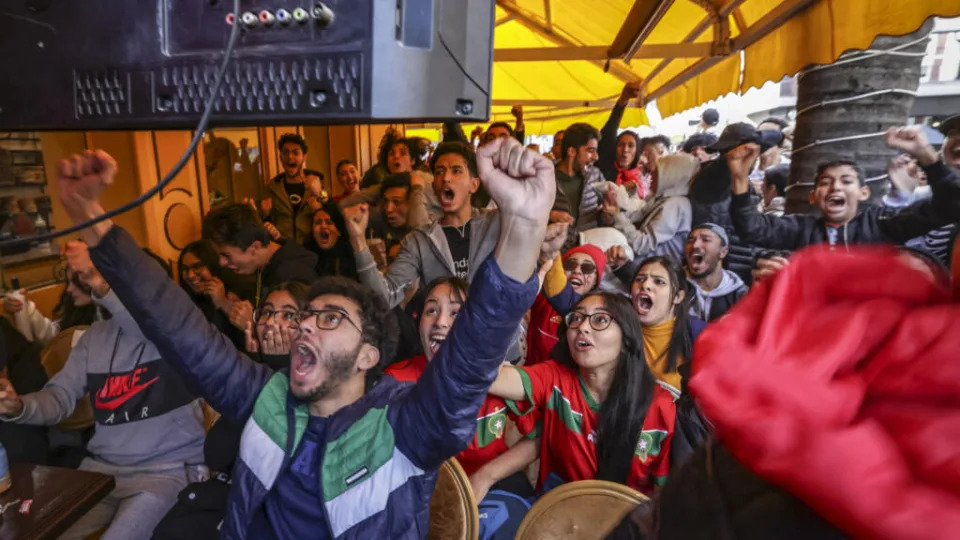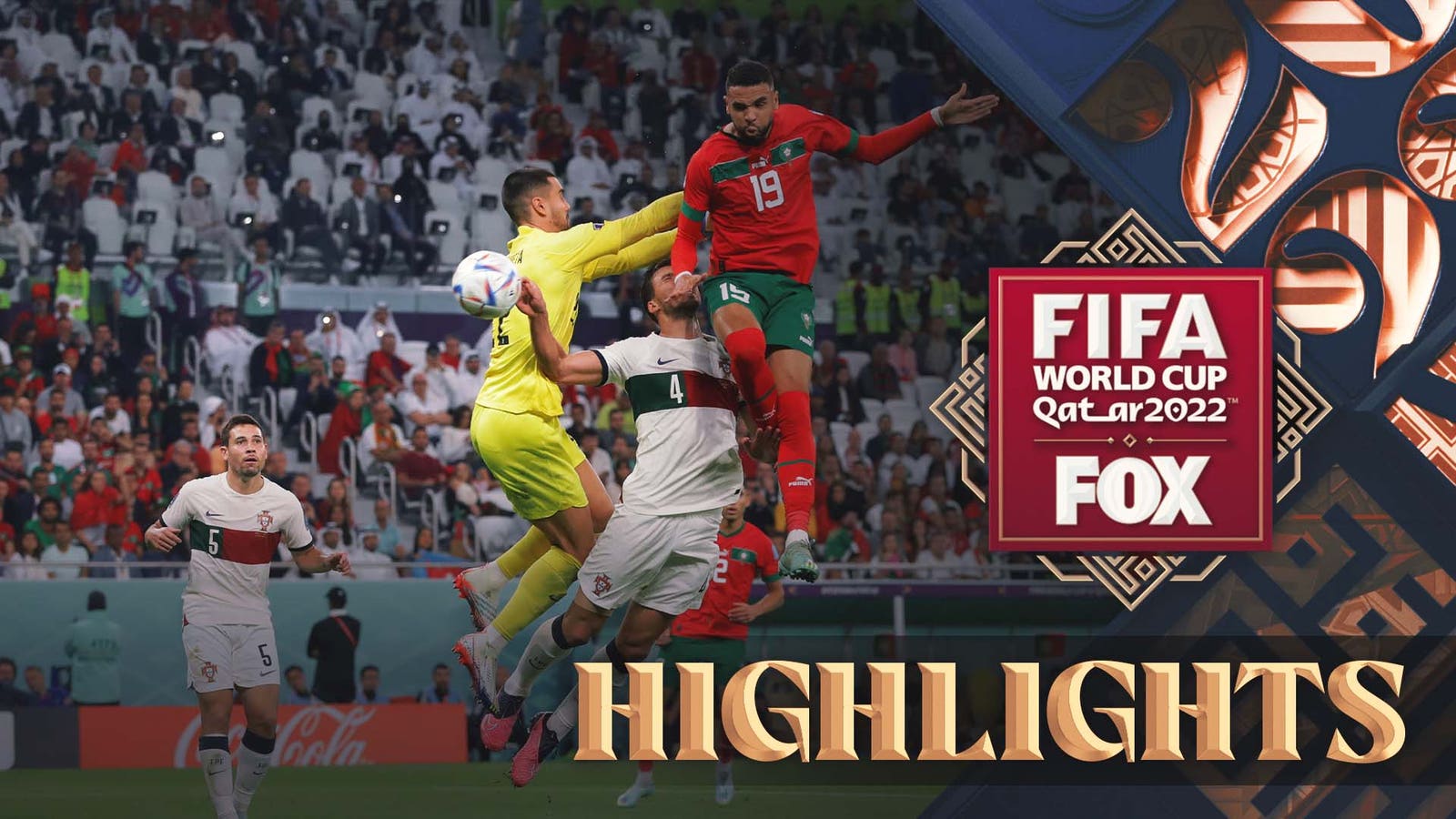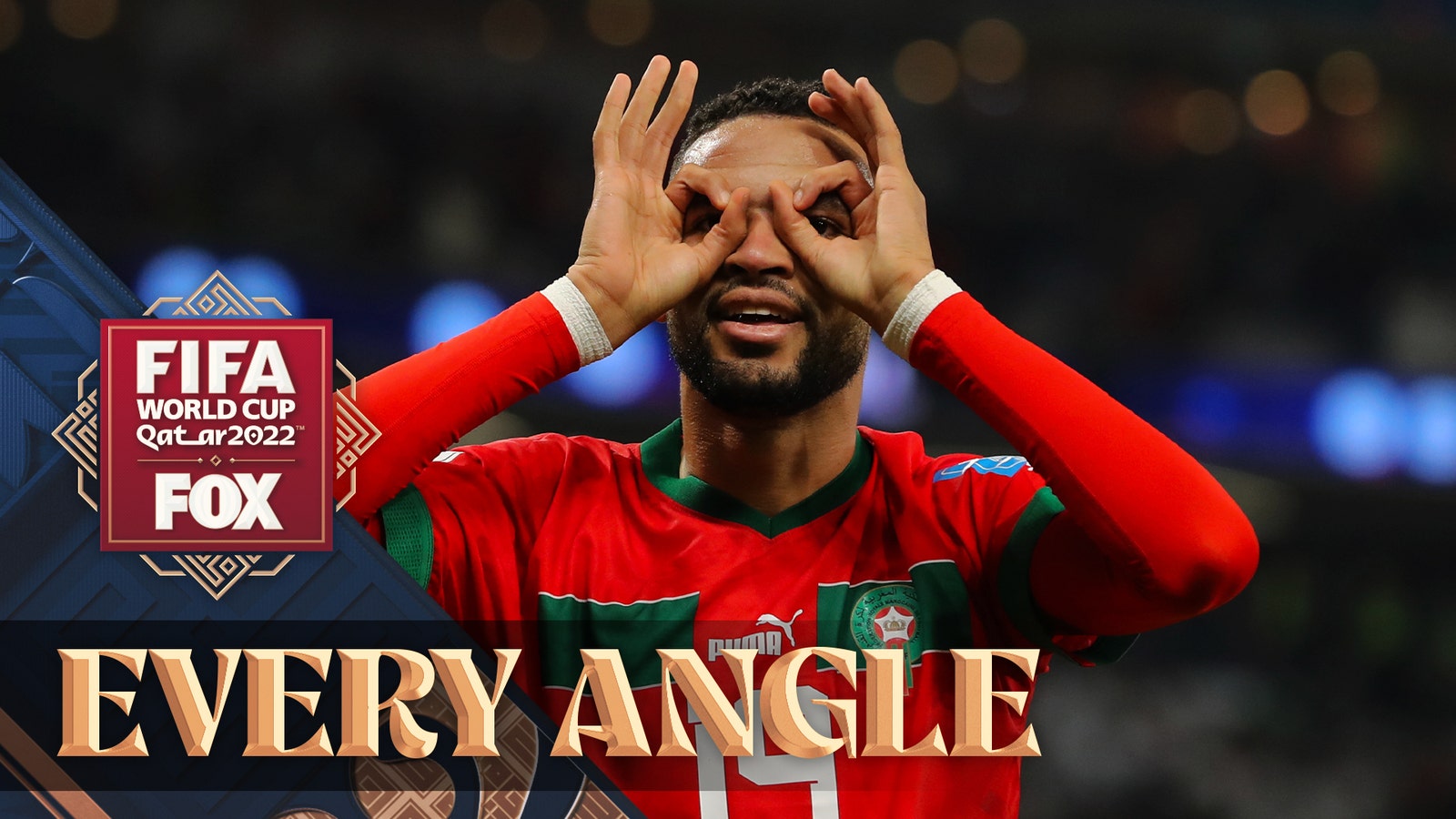
The diplomatic tension between South Africa and Morocco, two of Africa’s biggest economies sitting on the south and north ends of the continent respectively, does not seem to be waning.
Published 13h ago
Dr Sizo Nkala
The diplomatic tension between South Africa and Morocco, two of Africa’s biggest economies sitting on the south and north ends of the continent respectively, does not seem to be waning.
In a rematch of the two countries’ competing bids to host the 2010 FIFA World Cup in the early 2000s, they locked horns again for the prestigious post of the presidency of the United Nations Human Rights Council (UNHRC) on the 10th of January.
This time around, the fortunes were reversed. While South Africa managed to outsmart Morocco in the race to host the football extravaganza, the latter emerged the winner in the contest for the UNHRC presidency, having garnered 30 votes to South Africa’s 17.
The leadership of the UNHRC is rotational with the five world regions represented in the 47-member council taking turns to lead the body every year. On its turns, the African bloc usually chooses one of its members to assume the presidency through unanimous endorsement without the need to go to a secret ballot.
That this time around, the African presidency had to be decided by a secret ballot, reflects the poor state of diplomatic relations between Morocco and South Africa.
Under normal circumstances, the two countries could have settled this bilaterally amongst themselves. However, there is nothing normal about the circumstances surrounding the relationship between Rabat and Pretoria.
Just before the ballot, the South African ambassador, Mxolisi Nkosi, expressed his unequivocal disapproval of the Moroccan presidency of the UNHRC. Nkosi was quoted as saying that the North African country was the “antithesis of what the council stands for”, adding that its election will harm the legitimacy and credibility of the UNHRC.
Morocco’s Ministry of Foreign Affairs shot back claiming that the widespread support of its presidency “in spite of Algeria’s and South Africa’s efforts to counter it, demonstrates the trust and the credibility inspired by Morocco’s external actions”. This was a very rare public spat between African countries on a UN platform.
South Africa and Morocco have been engaged in a long-running diplomatic feud over the status of the Western Saharan territory known as the Sahrawi Arab Democratic Republic (SADR).
Morocco controversially claimed sovereignty over the territory which it calls its southern province after the end of its colonisation by Spain in 1975. These claims triggered a 15-year armed confrontation between Morocco and the Polisario Front which represented the inhabitants of the Western Sahara.
The Polisario Front proclaimed the SADR as a sovereign and independent state. The war came to a stalemate and a ceasefire was declared in 1991 under the supervision of the UN in preparation for a referendum to settle the dispute on the status of the Western Sahara.
However, the referendum has not materialised and this is widely attributed to Morocco’s resistance as it reportedly believes it would lose the plebiscite. Having had enough of Morocco’s delaying antics, South Africa decided to recognise the Western Sahara as a sovereign territory in 2004 and established diplomatic relations, citing principles of self-determination, human rights, and decolonisation.
In his address at the opening of the Pan-African Parliament in 2004 in South Africa, then South African president Thabo Mbeki said that “it is a matter of great shame and regret to all of us that nevertheless the issue of self-determination for the people of Western Sahara remains unresolved”.
He added: “This presents all of us with the challenge to ensure that we do everything possible to ensure that these sister people also enjoy this fundamental and inalienable right, whose defence by the entirety of our continent brought us our own freedom.”
To register its displeasure at South Africa’s decision to recognise the SADR, which it saw as a violation of its territorial integrity, Morocco recalled its ambassador to South Africa, thus effectively severing diplomatic ties.
Although the two countries have made efforts to normalise their relations, not much headway has been made. In 2017, South Africa was one of the countries that voted against Morocco’s readmission to the African Union (AU) after having abandoned its membership of the continental body 33 years earlier. South Africa wanted guarantees that Rabat would not use its AU seat to force the SADR out of the organisation.
The Organization of African Unity (OAU)’s recognition of the SADR was the cause of Morocco’s withdrawal from the organisation in 1984. Further, South Africa also voted against Morocco’s bid to host the 2026 FIFA World Cup in 2018. This is despite the fact that Morocco was the only African country bidding to host the tournament.
Just like they sit on the extreme opposite ends of the continent, Morocco and South Africa are also perched on the opposite ends of the ideological spectrum when it comes to contentious global issues.
For example, in the Russia-Ukraine war, Morocco voted to condemn Russia’s invasion of Ukraine, while South Africa abstained claiming to be neutral. In the Israel-Palestine conflict, Morocco has come out in support of Israel while South Africa has staunchly defended Palestine’s right to self-determination.
In the broader ongoing geopolitical realignment, Morocco seems to be leaning more towards the West while South Africa is positioning itself in the Global South camp as demonstrated by its active involvement in the BRICS group.
Despite being invited, Morocco refused to attend the BRICS Africa Outreach dialogue during the BRICS Summit last August.
Further, Morocco’s position on Israel seems to have been the result of a transactional bargain with the US where the latter committed to support Rabat’s claims on the Western Sahara in return for normalising ties with Israel. In the final analysis, the net outcome of two of Africa’s most influential countries not being on talking terms is negative.
This is not least because a divided continent will only be used as a pawn in the geopolitical schemes of the world’s major powers. The continent would benefit more if Pretoria and Rabat make an effort to close ranks and pull in the same direction.
* Nkala is a Research Fellow at the University of Johannesburg's Centre for Africa-China Studies









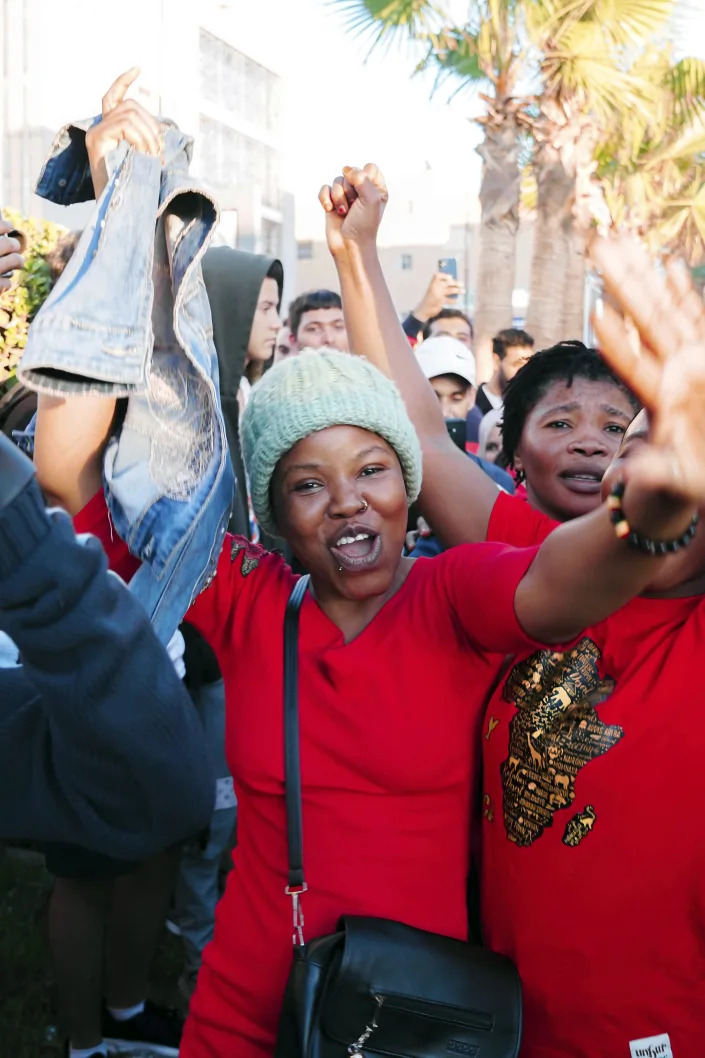
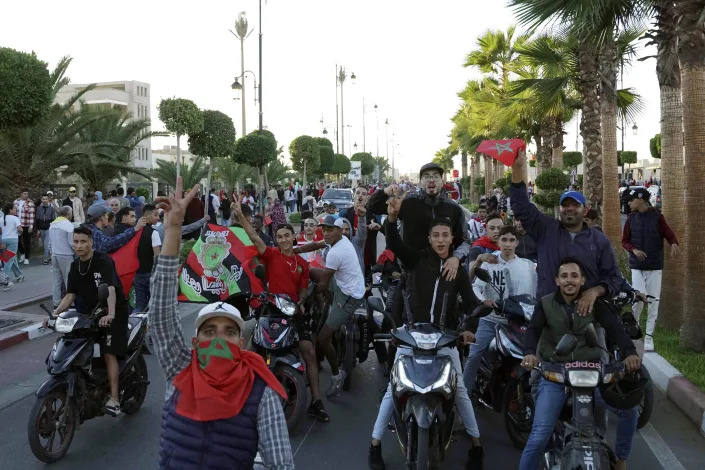

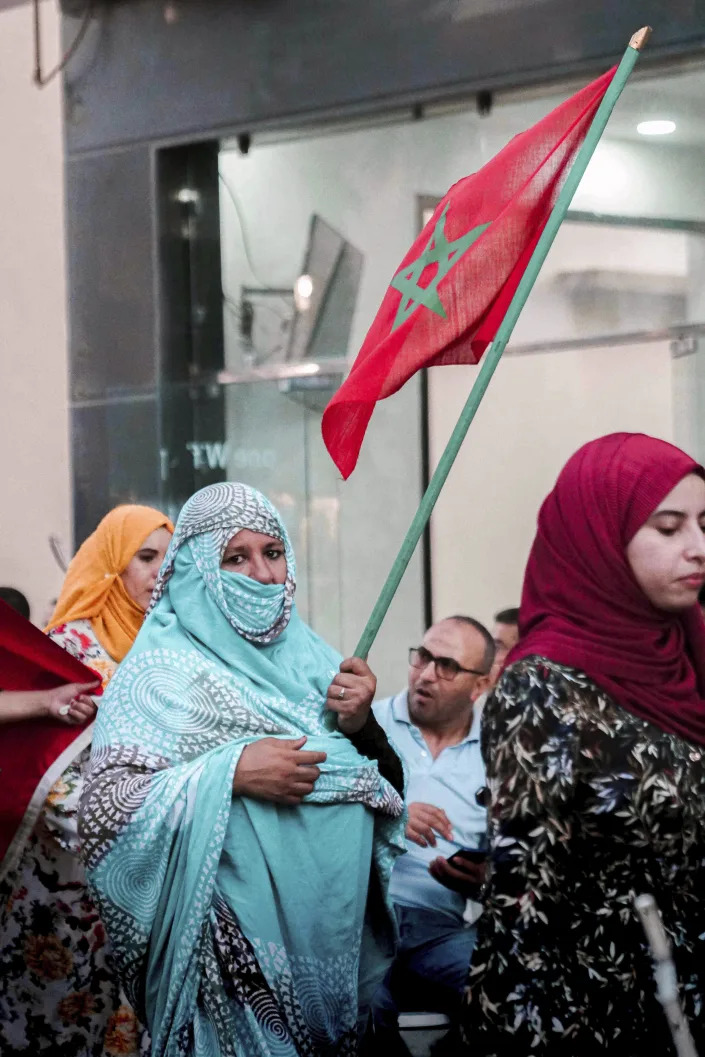

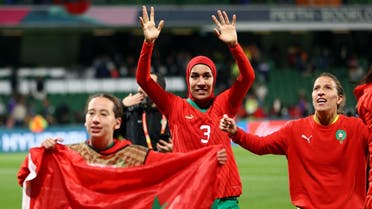




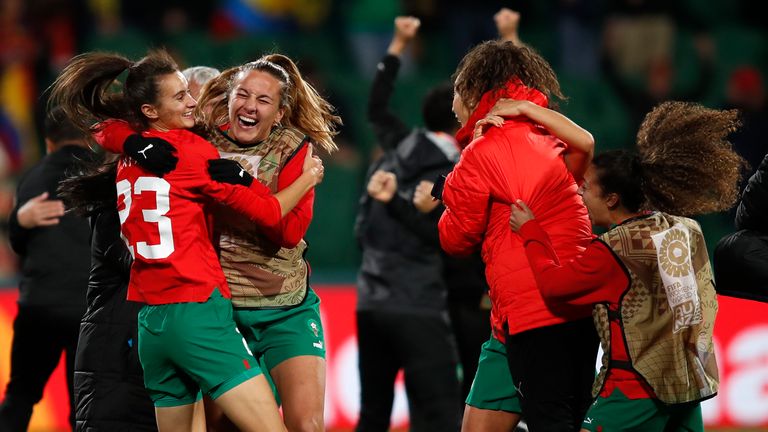
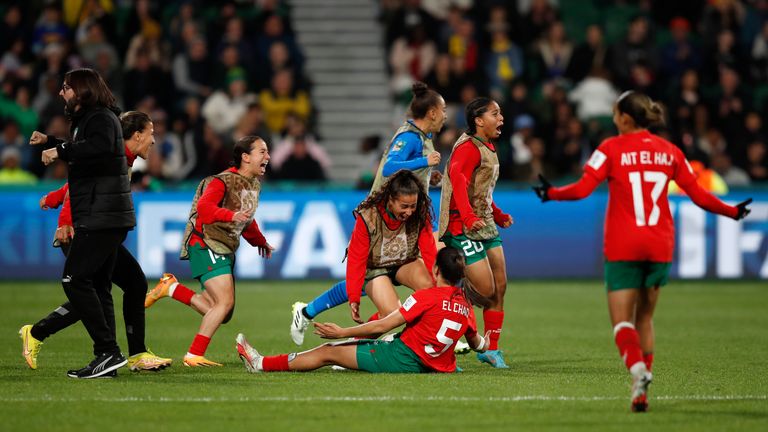 Image:The Morocco players were in tears as they qualified for the last 16 of the Women's World Cup
Image:The Morocco players were in tears as they qualified for the last 16 of the Women's World Cup